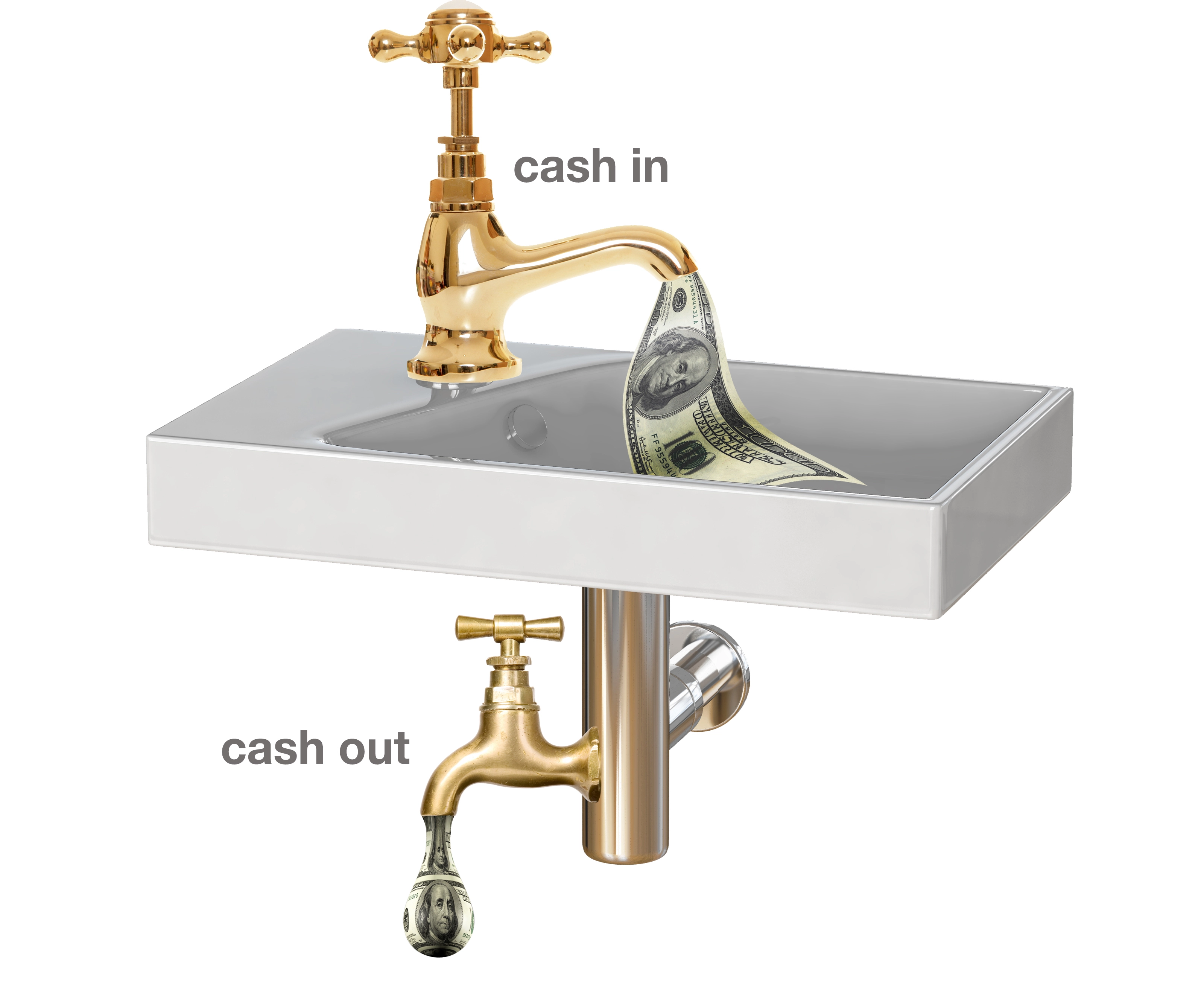Many contractors seek to grow. It’s better to grow profitably and build wealth in your business. Unfortunately, I see owners get into financial trouble when they try to grow and build wealth. Doing these two things helps avoid major catastrophes.
Financial Statements
You must review timely, accurate financial statements each month. None of us, unless we are a bookkeeper or CPA, start a business to do the financial side of business. We start because we see a need, want to satisfy a dream, or a hobby turns into a business.
When your company is small, you can control everything. You know that all of the customer invoices have gone out because you sent them. You know when you get paid because you are the person going to the bank. You know when the supplier bills come in because you get the mail and you write the checks.
You don’t pay attention to pricing and profit as long as there is cash in the checking account. You rarely, if ever, print out the company’s financial statements. You don’t need to, you think, since you have a finger on everything that is happening with your business.
Then, the company grows. You can no longer, sell, produce the products and services, and take care of the bookkeeping. You hire people to help you. One of the first office people you usually hire is a bookkeeper. You breathe a sigh of relief because you no longer have to deal with the bookkeeping. You hated it and didn’t pay attention to it except at tax time when you handed your CPA your QuickBooks or other accounting information … which wasn’t correct.
If your spouse volunteers to do the bookkeeping and she doesn’t have any bookkeeping background, your spouse needs to go to school and get it. Otherwise, your spouse will muddle through the books, making guesses and mistakes, and producing financial statements which are wrong and cannot be relied on.
Then a cash crunch hits, or you get an IRS notice and the arguments begin at home and in the office. I’ve seen too many divorces because a spouse, who had no idea what she was doing, dealt with the books.
Even if you hire a bookkeeper, you cannot abdicate the review of monthly financial statements.
Think about how hard it was to read a wiring diagram or a psychometric chart the first time you looked at them. Once you learned how to read them, they became easy. The same is true with financial statements.
Commit to the investing 30 minutes a month on your financial statements. Within a few months you will be understanding them with ease and wonder why you ever thought they were so hard.
If you don’t pay attention to the financial side of your company, it’s not “if” your company will get in trouble, it’s “when” your company will get in trouble.
Inventory
Report accurate inventory on the company’s balance sheet each month. As I have written many times, inventory is a bet. I have seen too many balance sheets with no inventory or the same inventory value each month. Inventory changes every month because you use it every month to keep customers comfortable in their homes and offices.
If there is no inventory or the same inventory value on your company’s balance sheet, then your profit and loss statement shows less profit than it should. Why? Because all material purchased are expensed as cost of goods sold. Some of those materials are actually not a part of cost of goods sold because they are sitting on a shelf or in an employee’s truck.
The only time a part should be accounted for in cost of goods sold is when it is used to produce a product or a service.
Putting inventory on your balance sheet and properly accounting for it is painful at first, especially if your company has grown to a $1,000,000 or more in revenues. Many accounting software programs can help you track inventory properly.
The only way you will have accurate financial statements is when inventory is accounted for properly. Accurate books mean better decisions about your business future.





